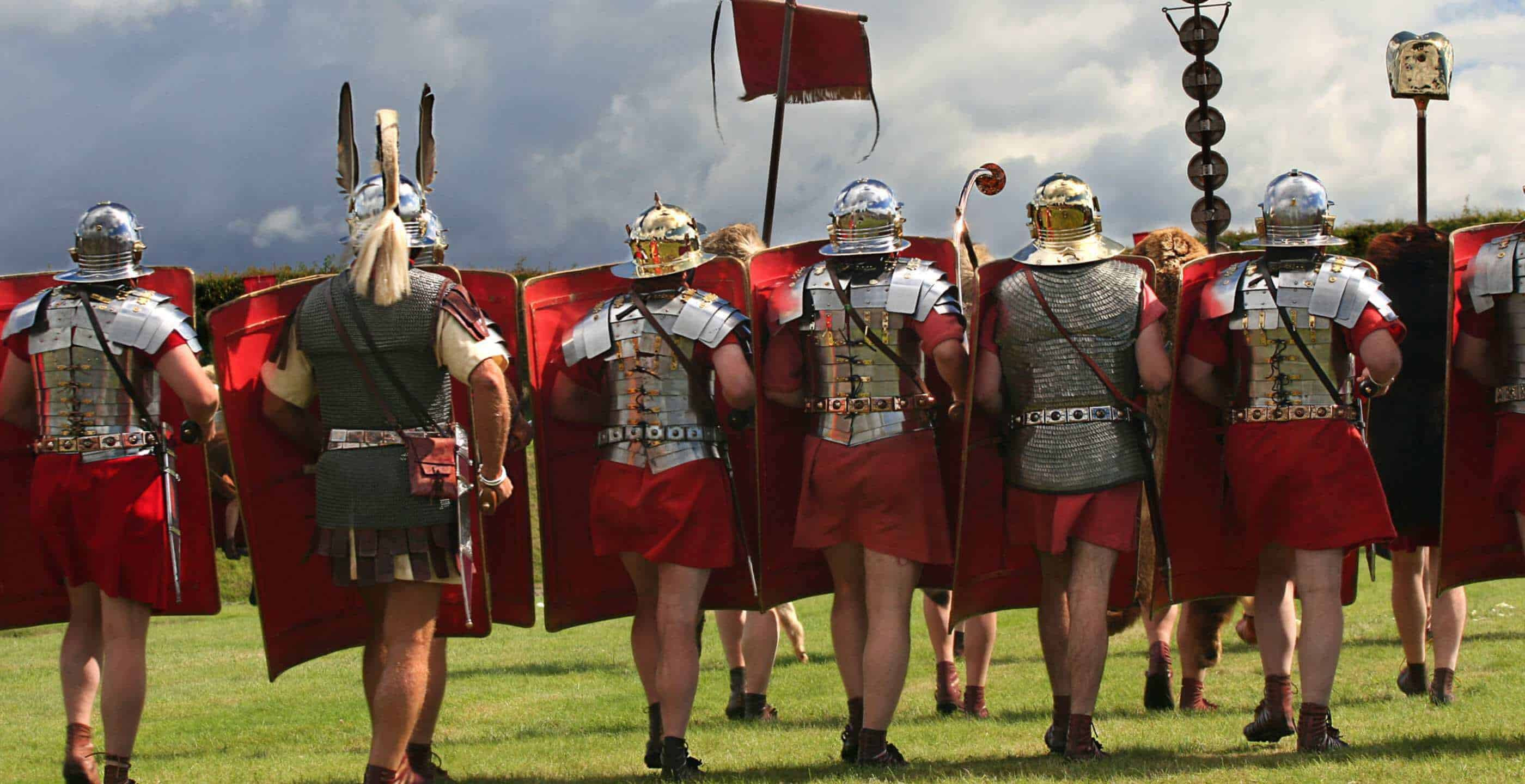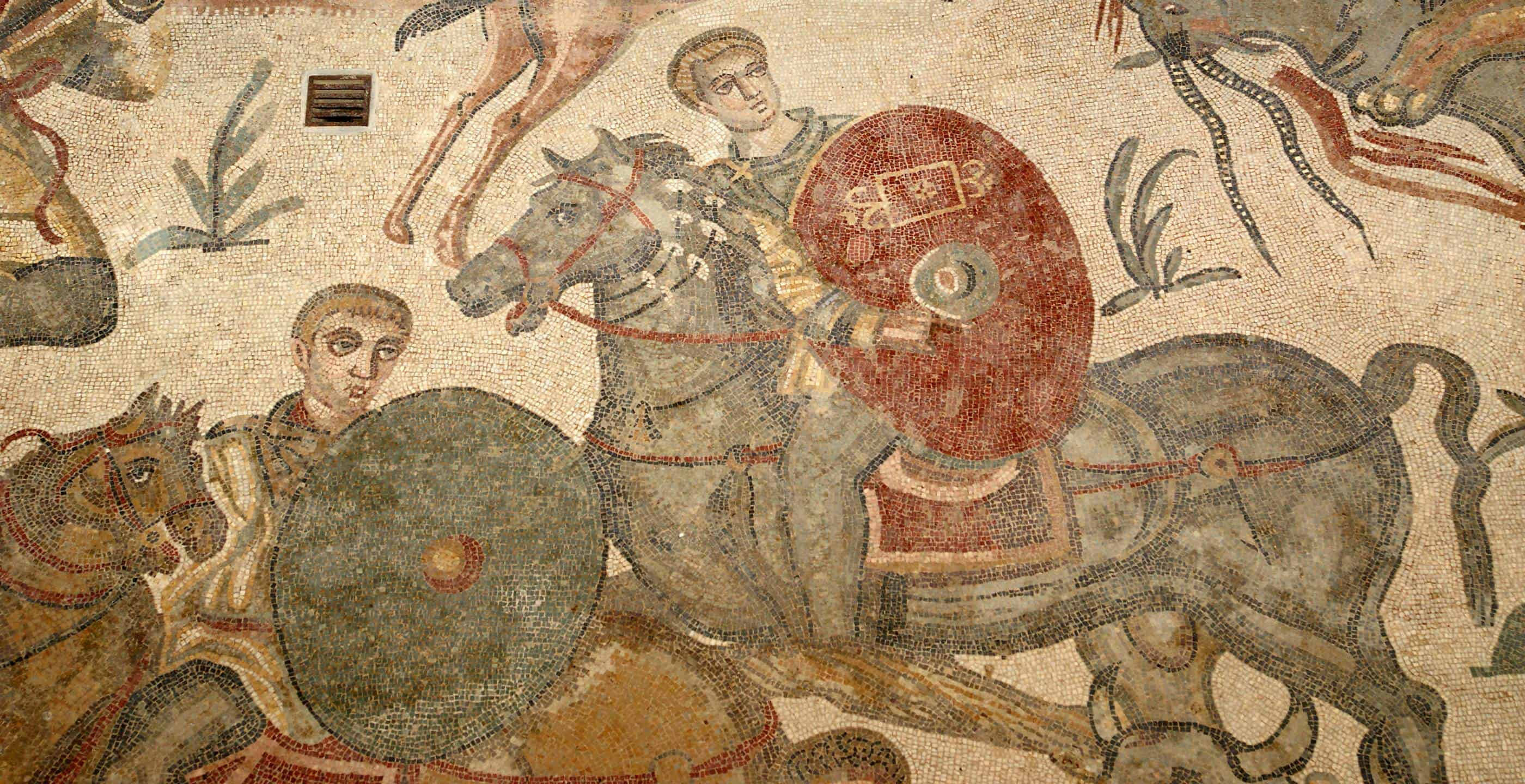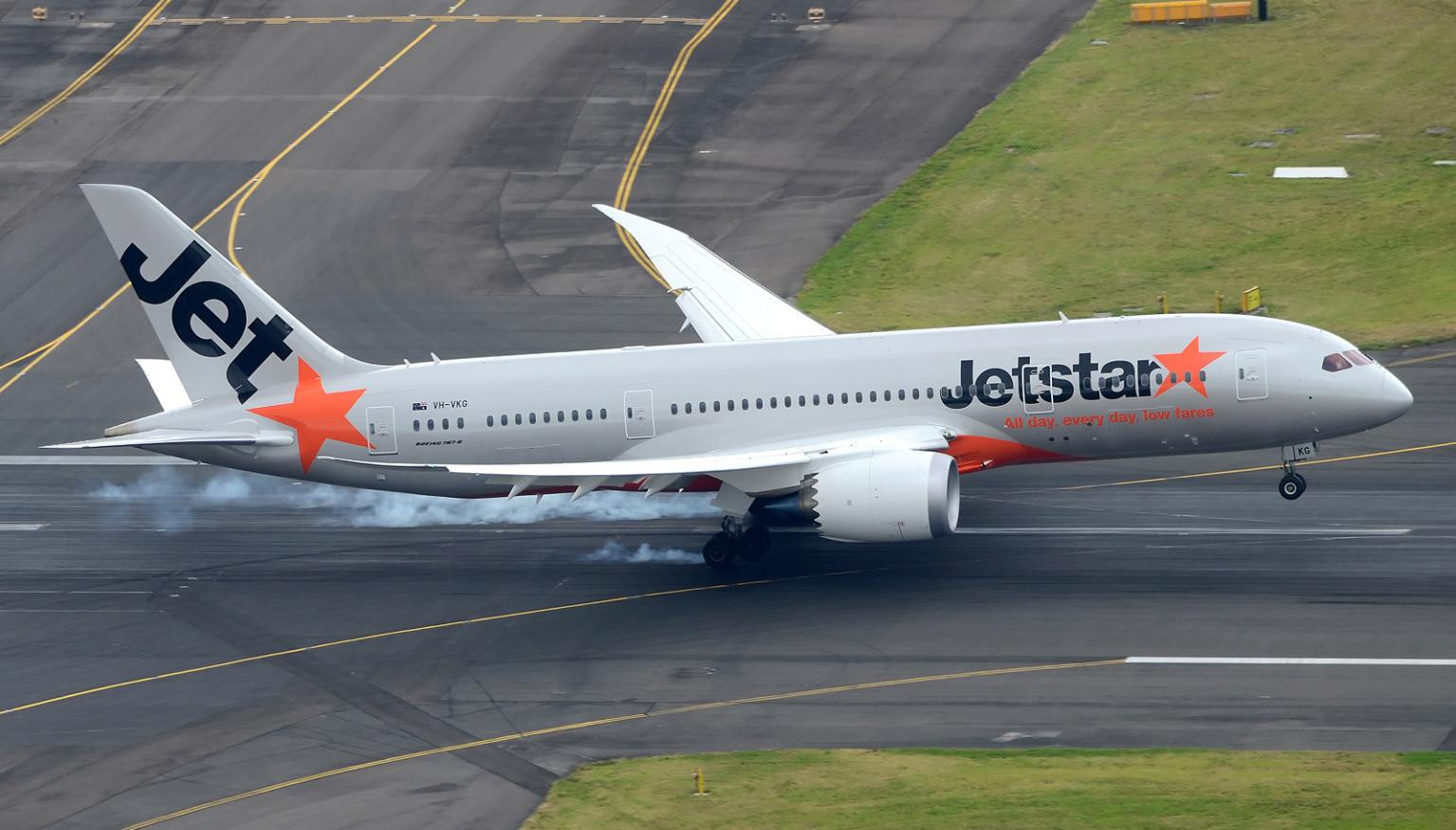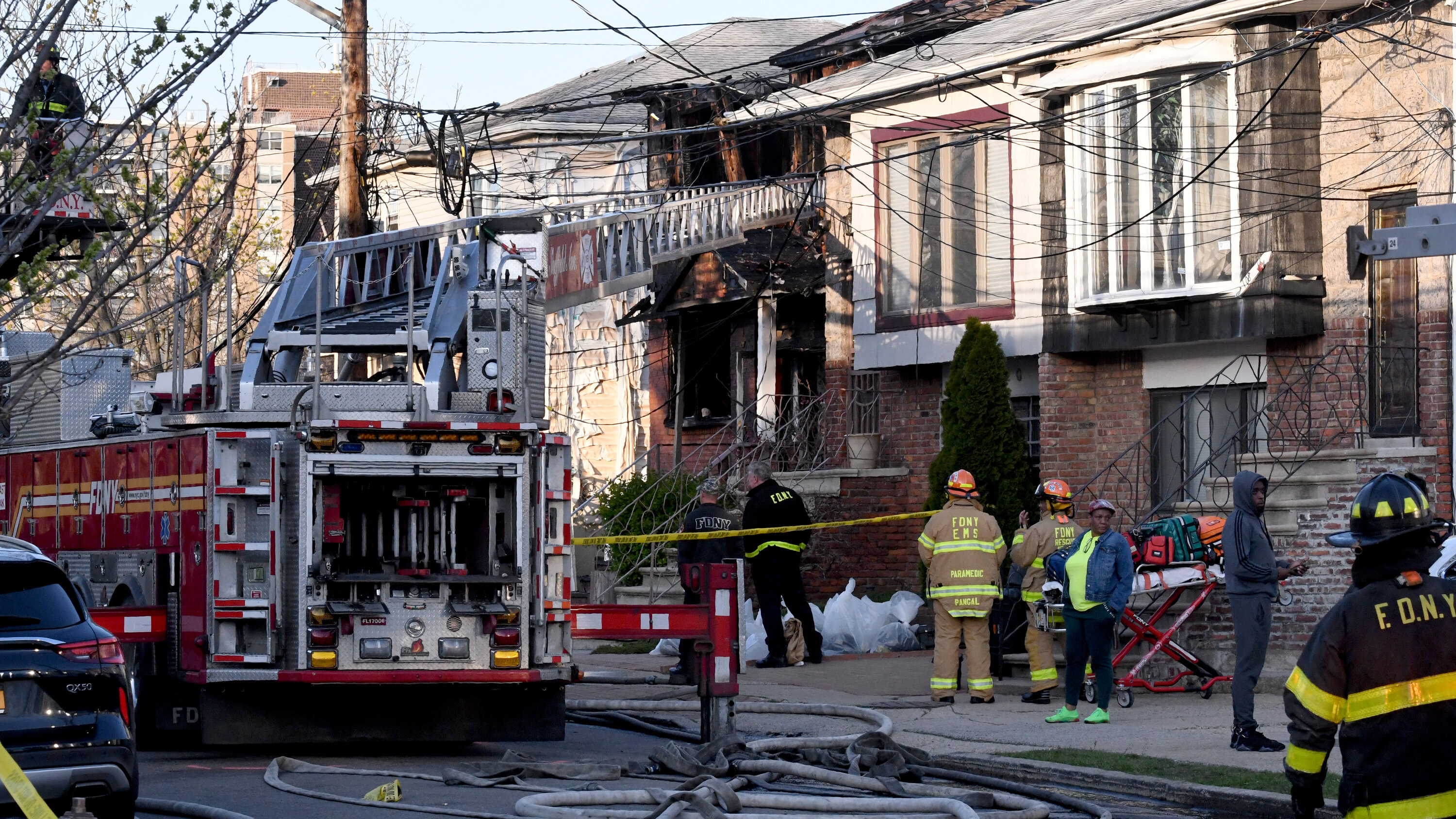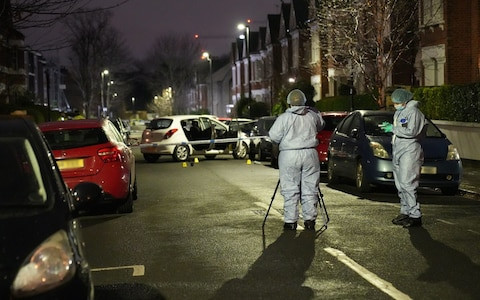Recent archaeological digs across the United Kingdom have unveiled significant prehistoric discoveries, shedding light on ancient civilizations and their interactions with the environment. These finds often occur during construction projects, with excavations becoming critical for preserving history buried beneath modern development.
An excavation at the Greenfield Valley Heritage Park in Flintshire has led to the discovery of a horse bridle mount dating back to the late Iron Age. The artefact, which is up to 2,000 years old, was found within the remains of a newly discovered settlement that likely belonged to the Iron Age Deceangli tribe but appears to have continued into the early Roman period. The region occupied by the Celtic clan, which spread as far west as the River Conwy and included Denbighshire, Flintshire, and Wrexham, was rich in lead and silver, materials highly prized by the Romans.
The discovery of the bridle mount, along with other artifacts, has provided evidence of a possible cooperative relationship between the indigenous Britons and the Romans. The excavation, funded by the UK Government Shared Prosperity Fund, revealed additional artifacts, including potteries and postholes, illustrating the complexity of the settlement.
Chris Matthews, the senior project archaeologist, remarked, “It is a really big piece of the puzzle” for local history. The discovery provides evidence of possible cooperation between the indigenous Britons and the Romans, especially concerning the lead and silver trade. This aligns well with the historical narrative of trade relations rather than outright conquest, changing perceptions of Roman influence. Evidence uncovered indicates the settlement thrived through wealth generated from trade with the Romans, coinciding with early developments of Chester.
The find has been met with excitement and pride. A 17-year-old aspiring archaeologist, Edward Whitby, found the bridle mount during the dig, marking his first significant discovery. Brenda Harvey, chair of the Greenfield Valley Trust, echoed the excitement, noting how these archaeological endeavors enrich local heritage. The excitement surrounding these discoveries generates interest and involvement from local schools and aspiring archaeologists, fostering appreciation for history. Looking forward, these archaeological efforts could encourage greater tourism and educational initiatives aimed at showcasing the depth of local heritage.
The Importance of Excavation in Preserving History
These discoveries contribute to the broader archaeological narrative of Flintshire, and more broadly, Wales, which has seen significant findings related to prehistoric life over the past decades. Discovery and construction often go hand-in-hand, leading to insights about how ancient communities interacted with their environment. These excavations yield fundamental information for historians and archaeologists, helping to connect modern communities with their ancestral past. The historic significance of these sites cannot be understated, as they represent enduring legacies linking communities to historical narratives. Representatives from local councils and heritage organizations express enthusiasm for these findings, emphasizing the community’s connection to its historical roots. Such projects reflect the need to maintain balance between modern development and archaeological preservation, celebrating the rich history beneath our feet.
The Legacy of Collaboration: A Shared History
Through these excavations, residents become stewards of their own heritage, with the world of history tying intimately to present-day communities. Continuous support, from public institutions and heritage organizations, is critical to sustaining interests and advancements in archaeological studies. Overall, the revelations from sites like Greenfield Valley significantly illuminate our knowledge of prehistoric Britain. These stories not only flesh out historical timelines but also reaffirm the value of collaboration between builders, archaeologists, and the community. The integration of these discoveries within public consciousness exemplifies how history enriches cultural identity and community pride. With every spade of dirt turned, more of our collective heritage is brought to light, reminding us of the lives lived long before us.
A Glimpse Into the Past: Uncovering the Mysteries of the Deceangli
The excavation uncovered a wealth of information about the Deceangli tribe and their interactions with the Romans. Several pieces of pottery, a hearth, and rows of postholes, relating to the multi-period settlement, were also unearthed. These discoveries suggest that the Deceangli were a sophisticated and wealthy people who were engaged in trade with the Romans, and that the relationship between the two groups was not one of simple conquest.
The Future of Archaeology: A Collaborative Effort for Understanding Our Past
The exciting discoveries at Greenfield Valley demonstrate the importance of continued archaeological research and the need for collaboration between archaeologists, historians, and the public. These efforts not only shed light on our shared past, but also help us to better understand the present and to build a more informed future. Beneath the surface of modern construction lies not just rubble but stories waiting to be uncovered, connecting us to our shared history.




